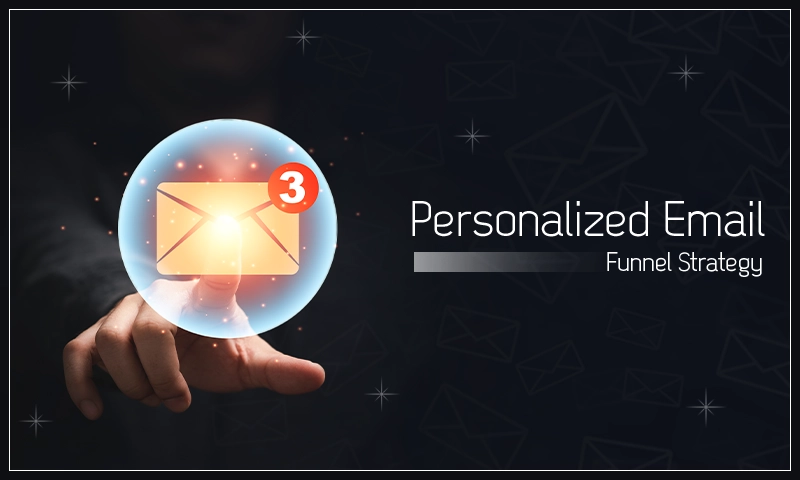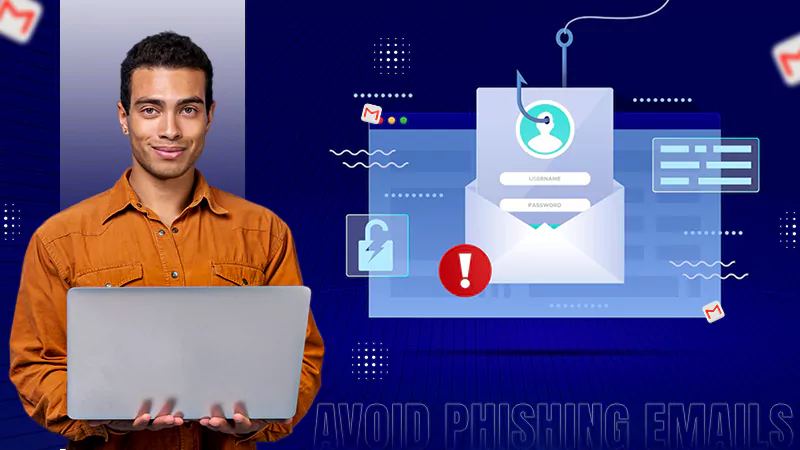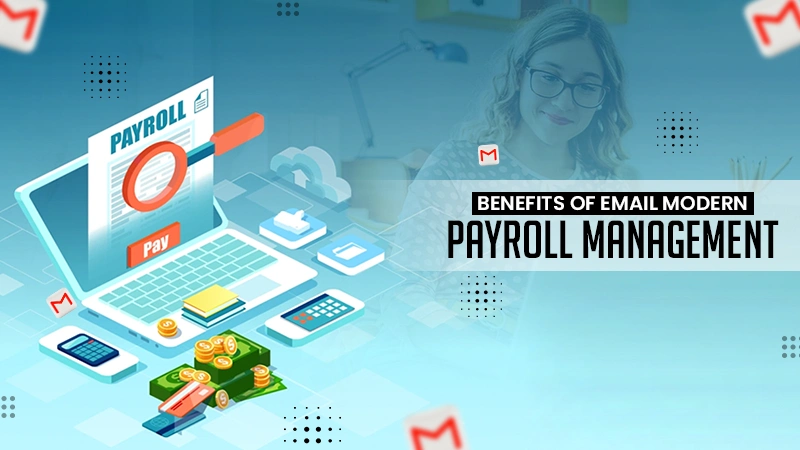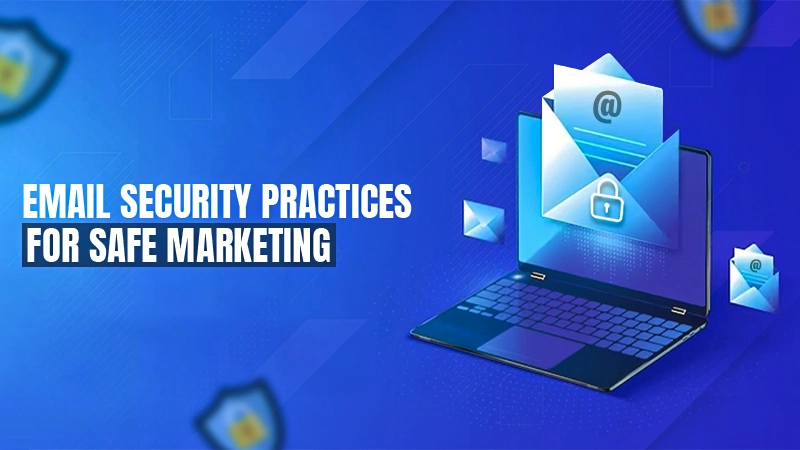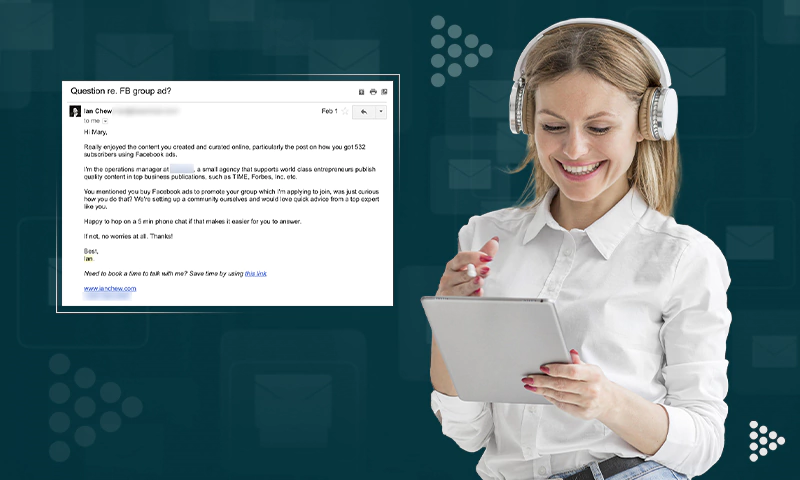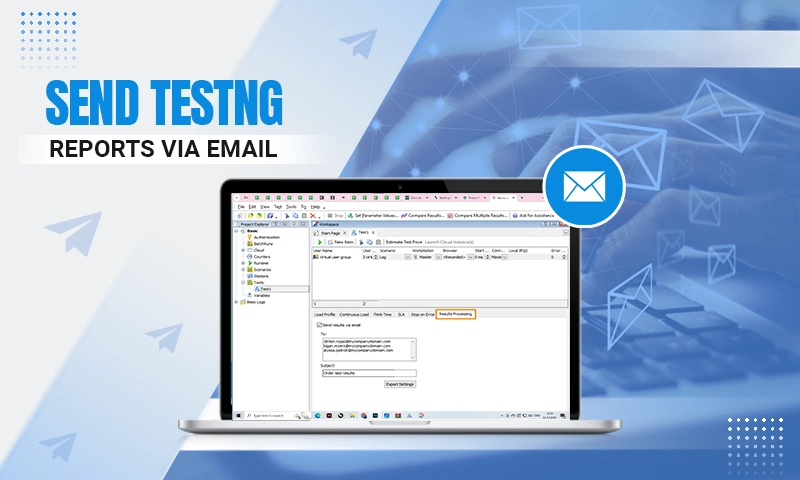How Vulnerable are Email Inboxes?
According to a recent report, around 75% of the malware that businesses receive is delivered by electronic mail. With phishing also being the top tactic used by cybercriminals, this makes email the weakest link in any business cybersecurity campaign.
But it’s not just businesses that are at risk, of course. In a 2023 survey, it was revealed that 96.8% of internet users receive spam messages, with 88.88 billion of 105.67 billion emails sent containing a form of spam.
Thankfully, figuring out how to stop spam emails is much simpler than it once was, but that doesn’t stop the problem entirely. Despite the ongoing efforts to crack down on cybersecurity, inboxes remain a vulnerability that hackers take advantage of, and the problem might be about to get worse.
Email Inboxes as a Prime Target
One of the reasons email is such a prime target for hackers is because they rely on human error. A company can do everything it can to ensure its cybersecurity practices are secure, but the same rules don’t apply to the inboxes.
In a recent finding, the UK Information Commissioner’s Office discovered that 90% of email data breaches occur due to human error, and this comes down to the nature of the human mind. While in a high-pressure, working environment, we’re more likely to move faster than we would in a laid-back environment, and this gives hackers a prime opportunity to strike.
In a 2018 report, it was found that 52% of phishing victims would click on a malicious phishing email within one hour of it being said. Compare this to the workplace where, during a 2023 phishing attack simulation with a 6,500-person organization, it was found that 10% of users would click a malicious phishing link in under one second.
With electronic mail still playing a vital role in day-to-day business communication, this is a clear vulnerability that hackers are not afraid to exploit.
Email is as addictive as drugs
According to research conducted by the University of Sheffield, answering emails and getting a feeling of productivity releases a chemical in the brain and can be as addictive as cocaine.
Email Spam Methods
There are several methods that hackers will use to attack a business or individual. One of the most popular, however, is phishing or spear-phishing. This involves an attacker sending a message claiming to be someone the victim trusts.
The email will try to elicit information from the recipient, including payment information, names, or addresses, containing a link that, once clicked on, will download malware onto the host computer. Just recently, IBM revealed that the average cost of a phishing-based attack was $4.91 million, which is one of the key reasons why hackers use it so frequently.
As well as this, hackers can also gain access to inboxes by hacking the wi-fi. Poorly protected routers can easily become targets for MITM attacks, and once the connection is intercepted, hackers can gain access to activity, including email usernames and passwords.
Some methods can be even simpler than this. A lot of the time, emails are made vulnerable by human error, case, that’s with easily guessable passwords – that are used for several accounts –or by failing to sign out once the email has been used.
Spam, spam, spam…
What do unwanted emails and a reconstituted luncheon meat product have in common? They both are considered spam.
Is the Problem Getting Worse?
Cyberattacks, in general, are getting worse. In a cybersecurity trend report – conducted in October 2023 – it was discovered that cyberattacks were up 205% since 2022, with a 53% jump in severity. While exact reports on email attacks are not available, just a quick search on the internet will show how they are increasing along with the wider net of cybercrime.
This is especially true for average internet users. On the social news and community site, Reddit, one of the hottest trends in recent months has been spam increases, with topics ranging from ‘Has Anyone Else Noticed a Huge Increase in Spam?’ to ‘Spam is Getting Out of Control’.
As the cybersecurity landscape gets stronger and demand remains high, hackers will continue to utilize email to seek out uninformed, unwary recipients who will click on links without thinking them through.
That’s why, if you’re an individual internet user, it’s vital to do everything you can to stop spam coming through and halt hackers from gaining your information. Similarly, if you run a business, you must give your employees a full course on cyber safety and how to spot phishing emails before it’s too late.
Share




